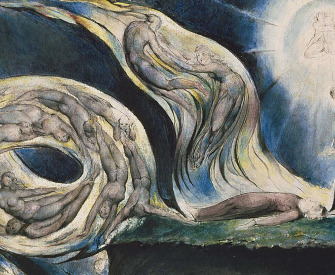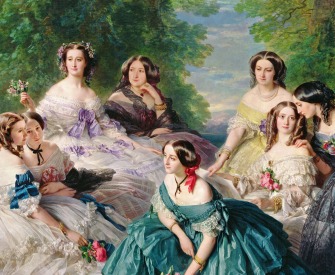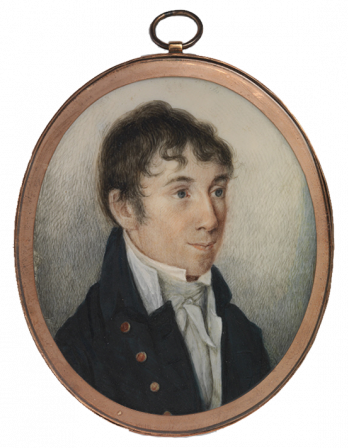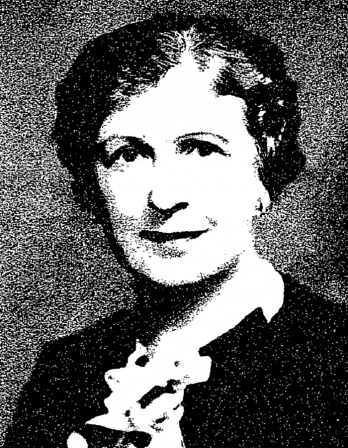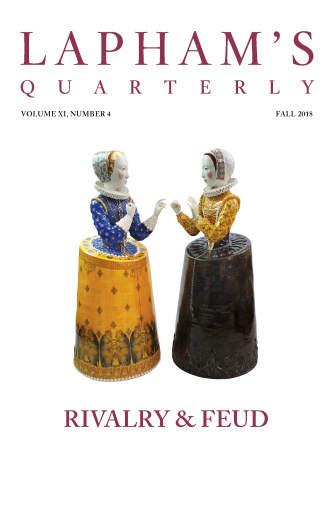Lycurgus looked upon the education of youth as the greatest and most glorious work of a lawgiver; he began with it at the very source, taking into consideration their conception and birth, by regulating the marriages. For he did not (as Aristotle says) desist from his attempt to bring the women under sober rules. They had indeed assumed great liberty and power on account of the frequent expeditions of their husbands—during which they were left sole mistresses at home, and so gained an undue deference and improper titles—but notwithstanding this he took all possible care of them. He ordered the virgins to exercise themselves in running, wrestling, and throwing quoits and darts: that their bodies being strong and vigorous, the children afterward produced from them might be the same; and that, thus fortified by exercise, they might the better support the pangs of childbirth, and be delivered with safety. In order to take away the excessive tenderness and delicacy of the sex, the consequence of a recluse life, he accustomed the virgins occasionally to be seen naked as well as the young men and to dance and sing in their presence on certain festivals. As for the virgins appearing naked, there was nothing disgraceful in it, because everything was conducted with modesty and without one indecent word or action. It caused a simplicity of manners and an emulation for the best habit of body; their ideas too were naturally enlarged, while they were not excluded from their share of bravery and honor. Hence they were furnished with sentiments and language, such as Gorgo the wife of Leonidas is said to have made use of. When a woman of another country said to her, “You of Lacedaemon are the only women in the world that rule the men,” she answered, “We are the only women that bring forth men.”
From Parallel Lives. After a helot revolt, Lycurgus is thought to have created the militaristic communal polis, dividing the old political system into two governing bodies: the council of elders with two kings, and the assembly. Plutarch’s book of paired biographies of Greek and Roman statesmen was a source for several of William Shakespeare’s plays.
Back to Issue

